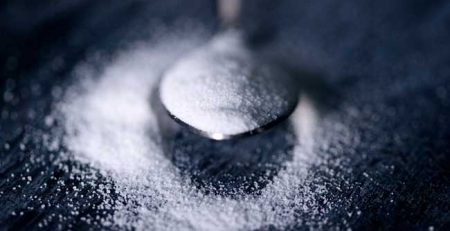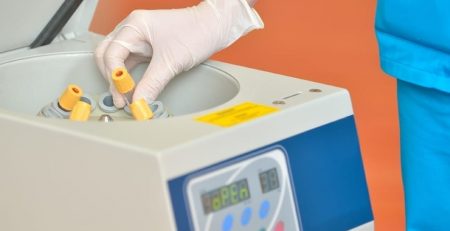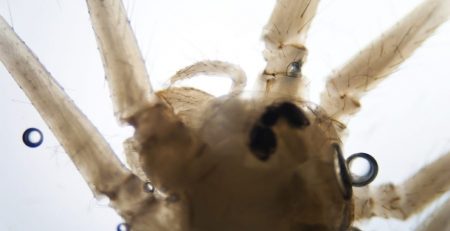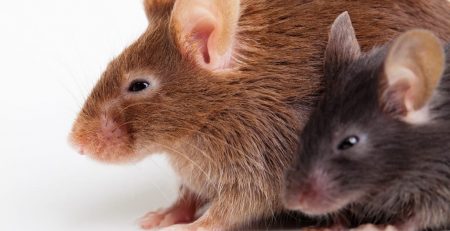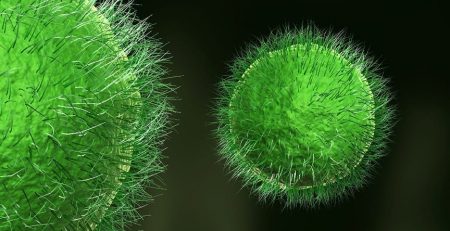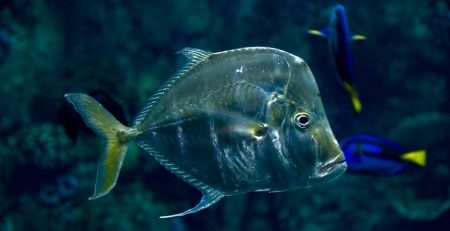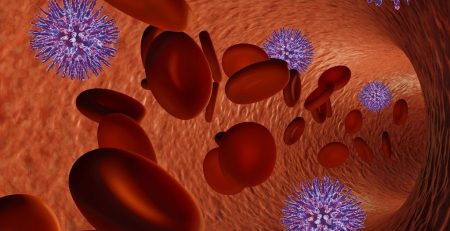New Study Links Specific Brain Receptor to Binge Drinking
A team of researchers from the Medical University of South Carolina believe they’ve discovered a brain receptor in a single region of the brain that controls the initiation of binge drinking in mice, IFLScience.com reports.
Their new study focuses on the opioid receptor known as the kappa opioid-receptor (KOR), which, unlike other similar receptors, generates discomfort, stress, and anxiety, rather than pleasant or relaxing feelings.
“The kappa opioid-receptor system is the antithesis to other opioid receptors,” JR Haun, who is a graduate student at MUSC and the first author on the article explains. “It’s often referred to as an anti-reward system.”
The KOR is activated after an individual has finished drinking and has experienced the positive effects that are triggered by pleasurable opioid receptors.The team found that when the kappa opioid receptors in the brain were turned off, binge drinking decreased, which led them to hypothesize that this receptor system may drive binge drinking and compulsive alcohol use while also contributing to the stress and unease experienced during withdrawal.
To test their hypothesis, the team focused on an area of the brain known as the extended amygdala. This part of the brain is involved in motivational behavior, is highly responsive to stress, and contains a number of KORs. They used a drug to block the KORs in the brains of mice and then used a binge-drinking mouse model that allowed the mice to drink freely for four hours each night. The mice were then tested to see how much alcohol they voluntarily consumed.
“Blocking these kappa receptors in the extended amygdala didn’t completely abolish drinking,” Haun said. “It brought it down to a more moderate level, the equivalent being a glass of wine at dinner opposed to a bottle.”
While utilizing these KOR blockers to deter binge drinking worked successfully in this instance, it’s unlikely this type of therapy will be used widely by doctors any time soon. Howard Becker, director of the Charleston Alcohol Research Center and professor in MUSC’s Department of Psychiatry & Behavioral Sciences, believes that this research could help those who have difficulty with chronic heavy drinking, such as those with an alcohol use disorder.
“I think the ultimate goal is to better understand new potential treatment targets and how new therapeutics may have some value in helping to quell the desire and motivation to drink excessively in those who have developed an alcohol use disorder or are on the threshold of doing so,” Becker explained.
Read the full study in Neuropharmacology.





